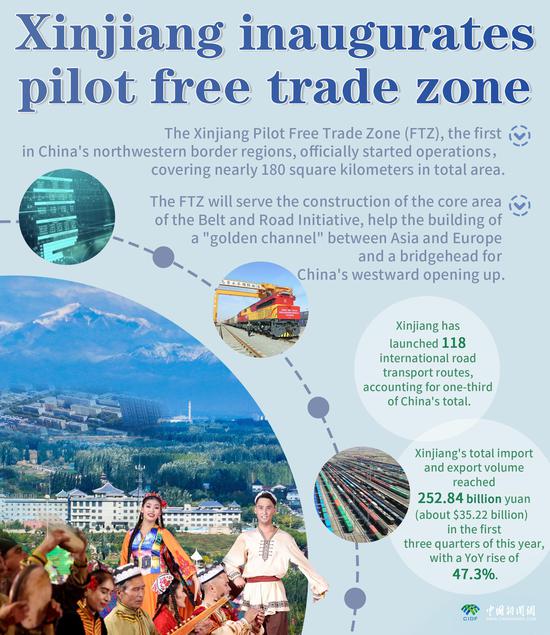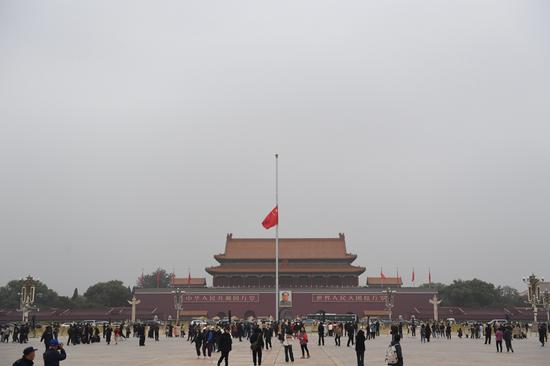China's population decline is likely to continue into the 22nd century, and the nation needs to increase its investment in human resources to address the challenges brought by the demographic change, a senior social science researcher said.
Citing a previous study and its results of simulation, Zuo Xuejin, former head of the Shanghai Academy of Social Sciences' Institute of Economics, said in a seminar in Shanghai on Saturday that even if China's total fertility rate increased smoothly from 1.55 in 2015 to the replacement level of 2.1 (the rate needed for a stable population), it would take another 60 years to reverse the population decline.
Given that China's actual total fertility rate is even lower than the study's figures, it's highly improbable that the rate will return to replacement levels by 2040. Therefore, the population drop is expected to extend into the next century.
In 2020, the National Bureau of Statistics reported that China's mainland population declined by 850,000, marking the first population decrease in decades. The main demographic risks for China are now characterized by continued decline and rapid aging.
Zuo also pointed out that people continue to migrate and concentrate in metropolitan areas, leading to a potential exacerbation of population decline in less-developed cities compared to more affluent ones.
The recent seventh national population census data from 2021 revealed that eastern China, which is more developed, now constitutes around 40 percent of the entire population, showing a steady increase over the past two decades.
Zuo suggests that cities should take a cautious approach in predicting and planning for the consequences of such population shifts and avoid overinvesting in real estate, telecommunications, and infrastructure projects.
To address these demographic challenges, Zuo recommends that the government enhance the quality of the population, aligning with the nation's modernization drive by focusing on high-quality development.
This would involve increased investments in areas like education, healthcare, sports, entertainment, and related services. Instead of emphasizing infrastructure projects as in the past, Zuo suggests redirecting some expenditures toward improving people's quality of life, which would, in turn, stimulate domestic consumption in services and help navigate the demographic and economic risks effectively.


















































 京公網(wǎng)安備 11010202009201號
京公網(wǎng)安備 11010202009201號